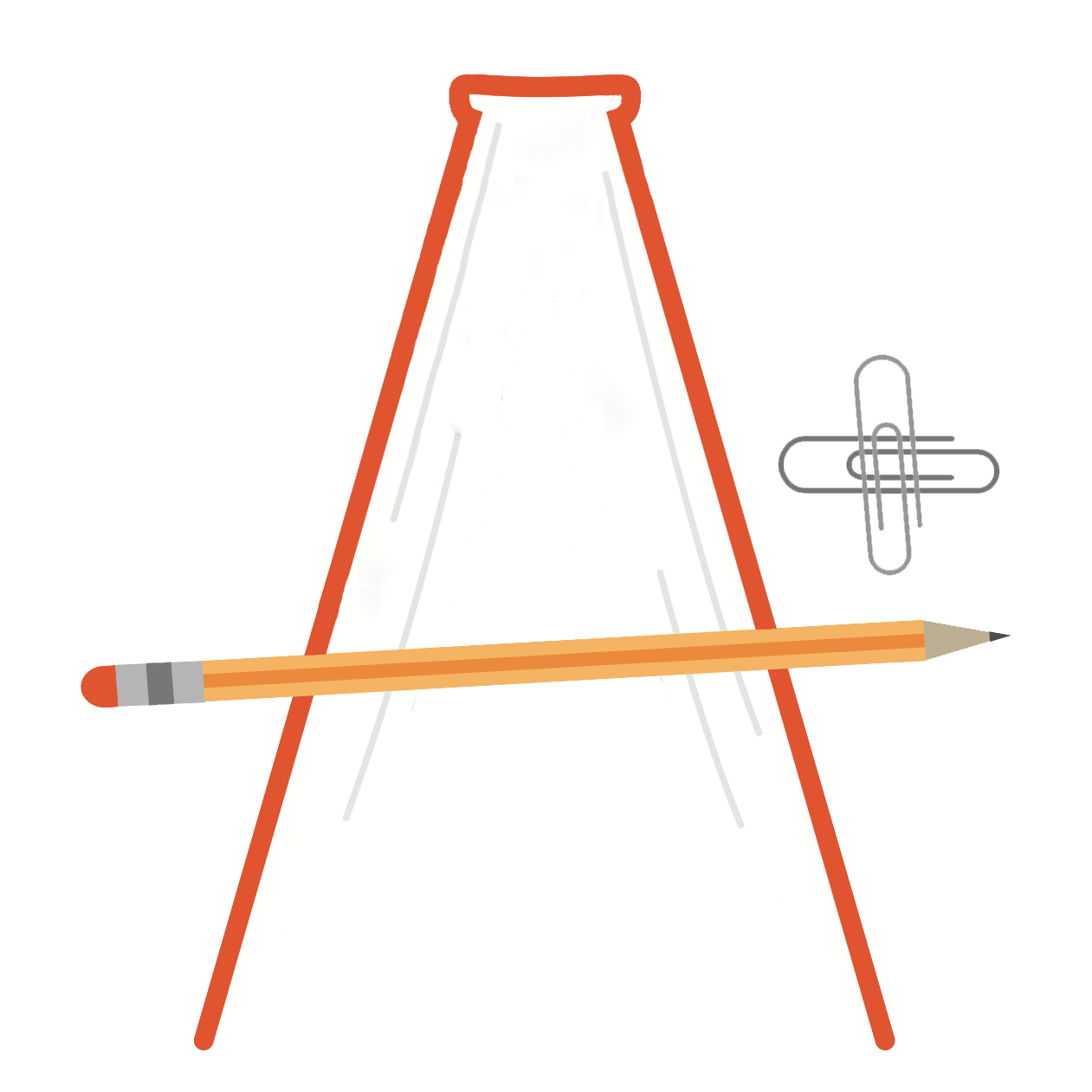By 3rd grade, students typically develop a foundation in various math skills that set the stage for more advanced concepts. Here are some math skills that a student should aim to master by the end of 3rd grade:
❄️Basic Arithmetic Operations:
- Addition and subtraction of two- and three-digit numbers.
- Multiplication and division concepts, including understanding of basic multiplication tables.
❄️ Place Value:
- Understanding the concept of place value for two- and three-digit numbers (hundreds, tens, ones).
❄️ Number Sense:
- Recognizing and generating numbers up to 1,000.
- Comparing and ordering numbers.
❄️ Problem Solving:
- Solving word problems involving addition, subtraction, multiplication, and division.
- Translating real-world situations into mathematical expressions.
❄️ Geometry:
- Identifying and classifying basic shapes (e.g., triangles, quadrilaterals, circles).
- Understanding the concepts of lines, line segments, rays, angles, and symmetry.
❄️ Measurement:
- Understanding the concepts of length, weight, capacity, and temperature.
- Using standard units of measurement (e.g., inches, feet, centimeters, kilograms, liters).
❄️ Time and Money:
- Reading and telling time on analog and digital clocks (to the nearest minute).
- Counting and making change with money (up to a few dollars).
❄️ Fractions:
- Introduction to basic fractions (e.g., halves, thirds, fourths).
- Understanding fractions as parts of a whole.
❄️ Data and Graphs:
- Interpreting and creating simple graphs, such as bar graphs and pictographs.
- Collecting and organizing data.
❄️ Patterns and Relationships:
- Identifying and extending patterns using numbers, shapes, and objects.
❄️ Basic Algebraic Concepts:
- Solving simple one-step equations and expressions (e.g., 3 + _ = 8).
❄️ Problem Solving Strategies:
- Developing problem-solving strategies such as guess and check, using models, and looking for patterns.
Remember that the progression of skills can vary from student to student. Some students may grasp these concepts more quickly, while others might need additional time and support. It’s important to create a supportive learning environment that encourages exploration and problem-solving while building a strong foundation in these fundamental math skills.
If your child has NOT mastered most of these skills by grade 3 or before, they are probably not performing on grade level in math. Find out what you can do in the blog post, WHAT SHOULD YOU DO IF YOUR CHILD ISN’T PERFORMING ON GRADE LEVEL IN MATH? Or, give US a call–we can help!

